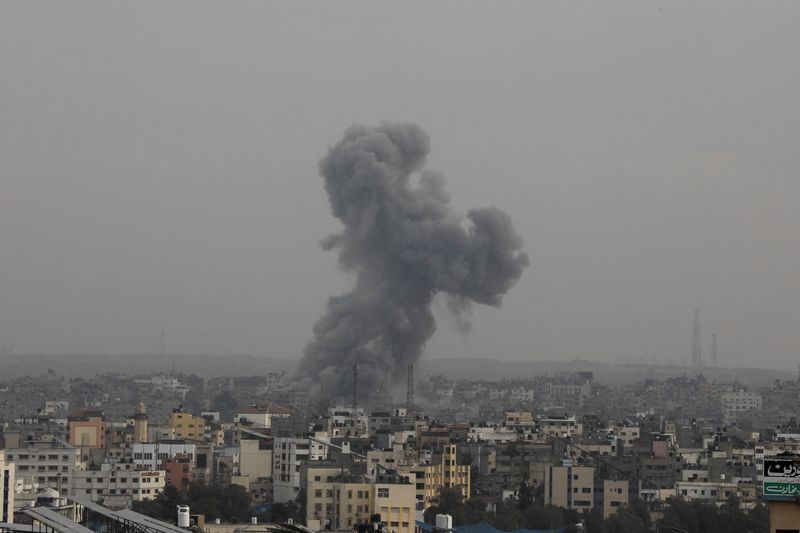NEW YORK, NY – A recent poll by Cygnal reveals nuanced American perceptions of the Israel-Hamas conflict and broader Jewish-Muslim relations following recent violence. Conducted October 16-18, the poll highlights divergent views among American demographics, influenced by recent geopolitical developments and a string of violent incidents attributed to Hamas.
The survey, emphasizing responses from Jewish and Muslim Americans, indicates complex sentiments shaped by the escalating tensions. Cygnal’s President, Brent Buchanan, noted the poll reflects a shift in American consciousness, likening the impact of the recent attacks to a post-9/11 sentiment.
Key findings from the poll include:
- Unfavorability ratings of US President Joe Biden and the Hamas leader are notably similar among Americans. Muslim Americans, however, show a comparatively higher regard for the Hamas leader and the Palestinian Authority, paralleled by a substantial appreciation for Israeli Prime Minister Netanyahu.
- Around 60% of participants equate Hamas with terrorist groups such as Al Qaeda, the Taliban, and ISIS, while a third consider Hamas more egregious. Among Muslim Americans, there’s a slight tendency to view Hamas as less severe than the aforementioned groups.
- A majority of Muslim Americans affirm Israel’s right to self-defense but diverge from other groups by opposing an Israeli invasion of Gaza and justifying Hamas’s attacks on Israel.
- Consensus leans toward strong US support for Israel, including financial aid, and holding Iran accountable for Hamas’s actions against Israel.
- Americans are divided on US military engagement in support of Israel, with nearly equal parts for and against. Similarly, they are split on prioritizing support for Israel over Ukraine, despite a majority acknowledging the rise of antisemitism in the US.
Cygnal’s findings suggest that Americans are drawing clear distinctions between different foreign policy issues, urging lawmakers to address each on its own merits. With the American public’s awareness of rising antisemitism, the implications for US foreign aid to Ukraine seem less intertwined in the public’s view than they are in the legislative and media narratives.

